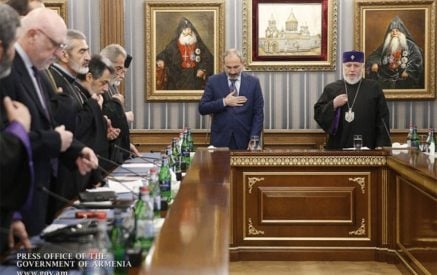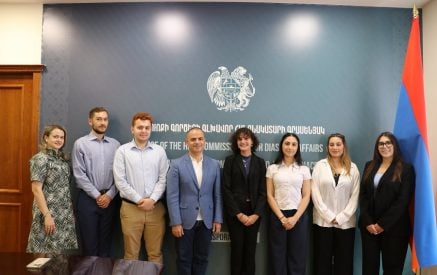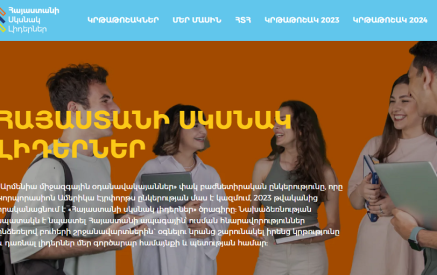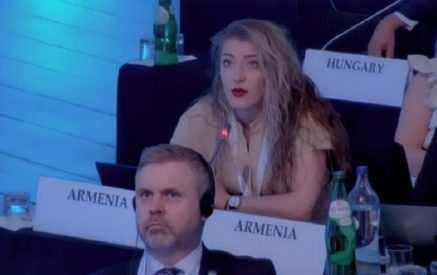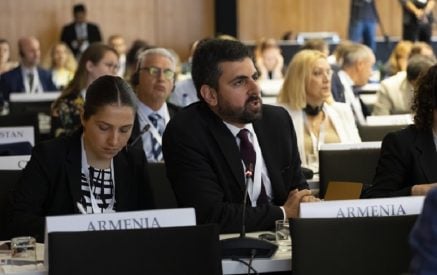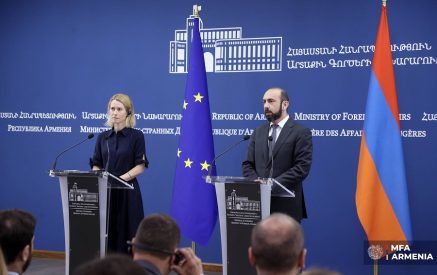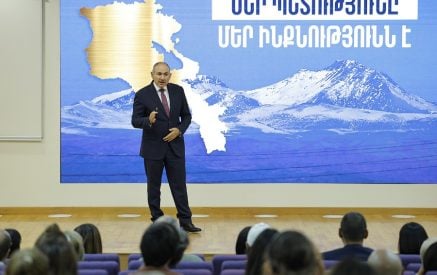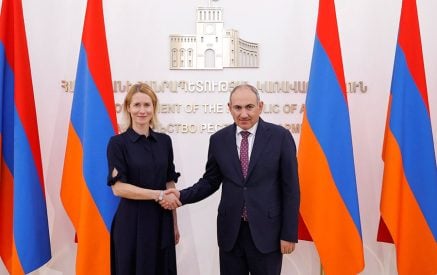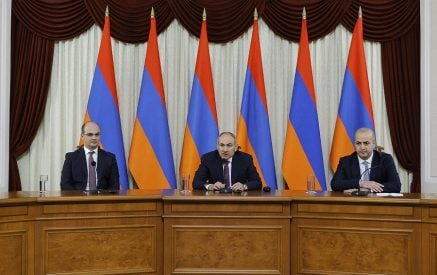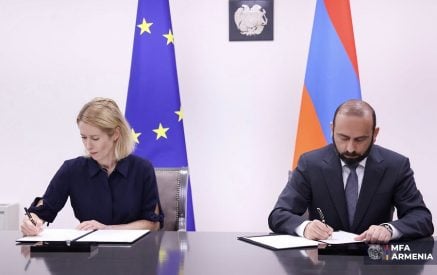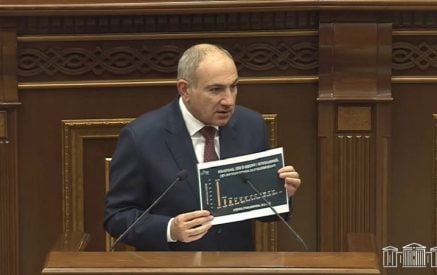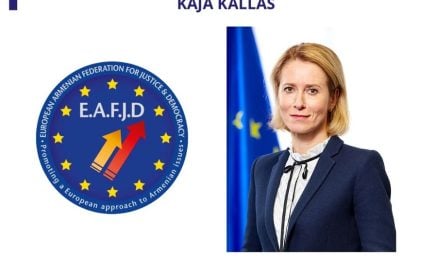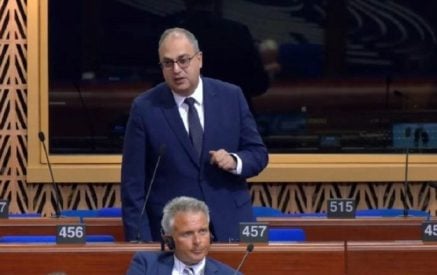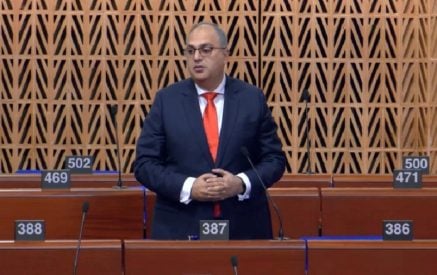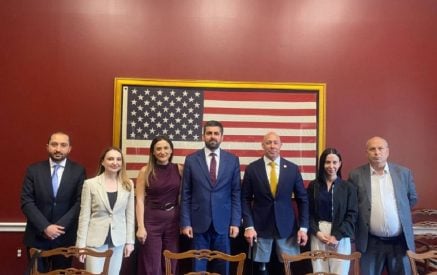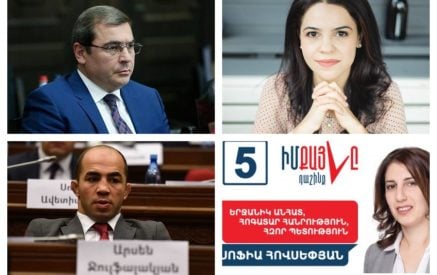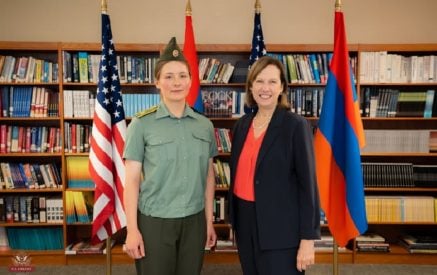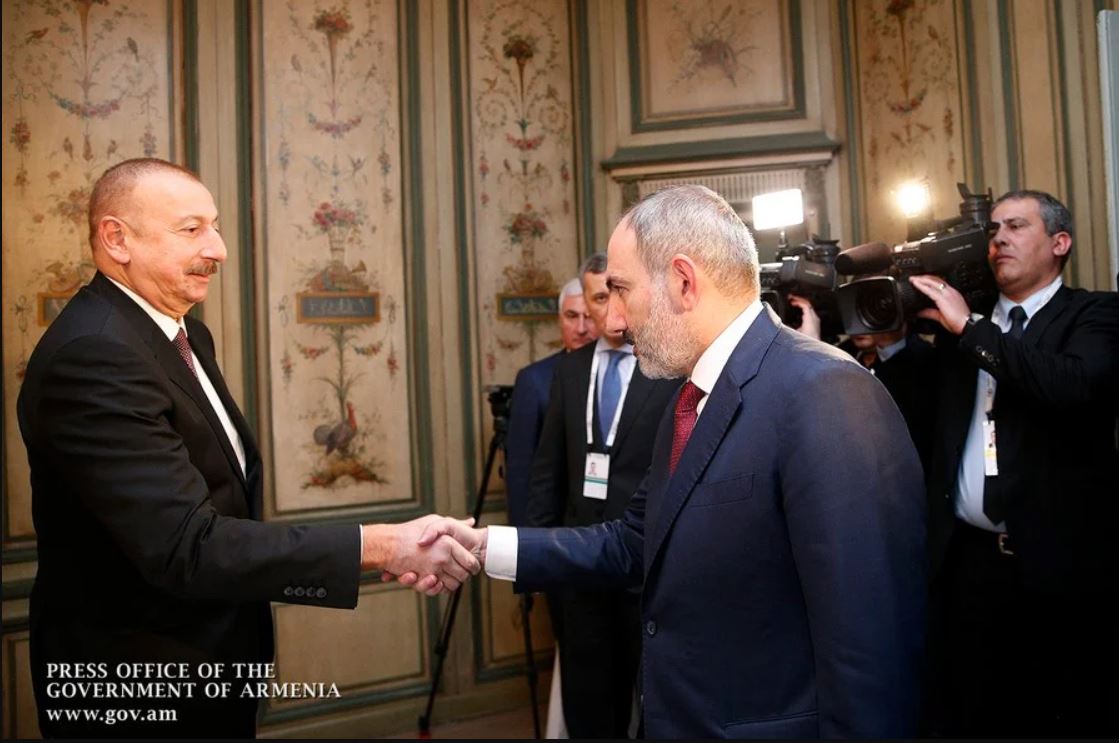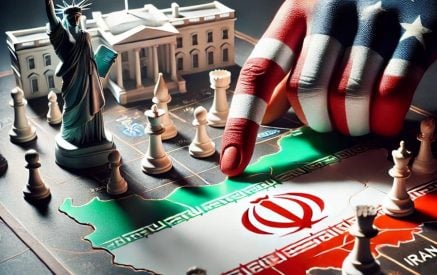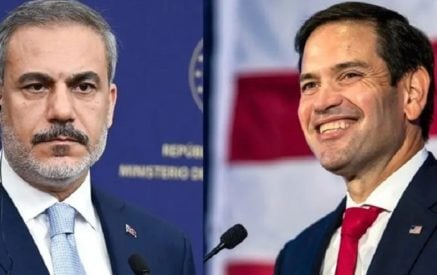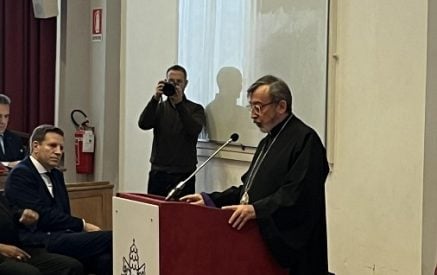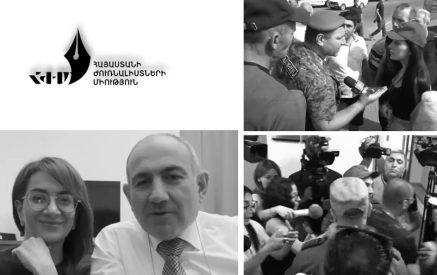ACNIS/ The pivotal concern in the foreign policy of Armenia’s incumbent government is the so-called “peace treaty,” the task of concluding which is currently on the table of Armenian-Azerbaijani negotiations. However, observations indicate that what is being negotiated is not truly a “peace treaty,” making it challenging to label it as such.
What is truly unfolding? The alluring titles such as “era of peace,” “crossroads of peace,” and, ultimately, “peace treaty” cleverly packaged and presented by the government’s propaganda machine may mislead many. There’s an impression that the government is striving for peace, while the opposition opposes the “peace treaty,” suggesting a desire for war.
This primitive, deceit-driven propaganda subtly influences a confused, disoriented public, leading to the unsurprising result of the public’s trust in the government barely reaching 20 percent, and for any opposition force, hovering around 5-10 percent at most. Additionally, it’s important to note that these 5 percent don’t necessarily represent votes in favor of the opposition; rather, they express dissent against the government. These figures are derived from recent public opinion polls. Even an untrained eye can discern that the opposition lacks a coherent proposal or vision for Armenia’s future. Nevertheless.
Now, let’s delve into the ambiguous concept known as the “peace treaty.” What does it entail? Following logical reasoning, the agreement ought to conclusively address all contentious matters between Armenia and Azerbaijan. Subsequently, both nations should transition to a harmonious peaceful coexistence: reciprocal visits will occur, economic ties will develop, Azerbaijan’s militarization will cease, military forces will be downsized, and the propagation of animosity and mutual hostility in societies will be eradicated, among other aspects.
Read also
The Armenian government is taking every conceivable step, and even some inconceivable ones, within this framework: the military has been weakened, while the police force has been bolstered to counter “internal enemies” and “revanchists.” Textbooks and national symbols undergo continuous alterations, promoting peace and amicable relations with Azerbaijan.
Regarding Artsakh, the government is seemingly making a comprehensive “concession,” prioritizing the integrity of Armenia’s current borders, despite experiencing some losses in the process.
Azerbaijan only needs to acknowledge the territorial integrity of Armenia, and that’s all. This is the sole anticipation of the Armenian government from Azerbaijan, with the hope that Azerbaijan will embrace it for the sake of attaining lasting peace. Yet, the situation unfolds in stark contrast: Azerbaijan persists in demanding that Armenia meet all its conditions while overlooking the final requirement.
Simultaneously, Azerbaijan officially declares that the matter of demarcation and delimitation will not be incorporated into the agreement. In other words, the issue of Armenia’s territorial security is deferred for future consideration as a distinct topic, implying territorial claims from Azerbaijan. In this disorderly scenario, referring to the document as a “peace treaty” seems frivolous; in reality, it should be labeled as an affidavit signifying the capitulation or surrender of Armenia.
The Armenian Center for National and International Studies


